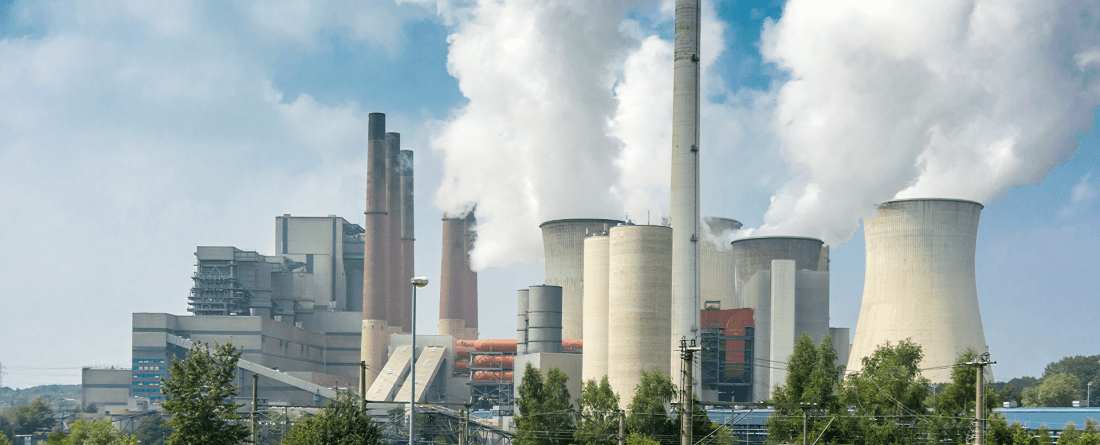
- Policy efforts among the key emitters do not always align with their emission shares. Notably, policies in most key emitters are more focused on the energy sector, while the agriculture sector has received the least attention in existing methane-related policies despite its high emissions.
- There is uneven adoption of policy instruments across sectors. Strategies, as well as laws and regulations, are the most common instruments, adopted by 14 and 13 key emitters, respectively. Strategies, such as Nationally Determined Contributions (NDCs), often address methane emissions as part of broader climate challenges, whereas laws and regulations are primarily adopted to manage methane emissions from the oil and gas sector. Economic instruments, found in only seven emitters, are the least utilized policy tools, especially in the agriculture and waste sectors. There are limited policy instruments used in the agriculture sector, especially for methane emissions from rice cultivation activities.
- Significant ambition and implementation gaps exist across key emitters. Although most countries have pledged to reduce methane emissions, few have translated the commitments into concrete national plans and subsequent implementation measures.
- While significant gaps remain, a number of countries have made notable progress in methane mitigation. For instance, Canada, Australia, the EU, Nigeria, and Mexico have shown advancements in the energy sector; Brazil and Australia in the agriculture sector; and the EU and the UK in the waste sector.
- A series of best practices among these key emitters are summarized, including financial support, carbon emissions trading schemes, legislation, and the Measurements, Reporting, and Verification (MRV) systems.
- Among the key emitters, developed countries generally have made greater progress than developing ones, highlighting the importance of support from developed countries in capacity building and knowledge sharing.
Methane is a potent greenhouse gas and significantly contributes to global warming and air pollution, yet it has a relatively short atmospheric lifetime. Rapidly reducing methane emissions globally would yield significant outcomes in combating climate change and require collective efforts from all countries.
A new report from the Center for Global Sustainability analyzes 276 methane-related policies from key global emitters, providing a detailed comparison of their policy landscapes and identifying both gaps and successful practices. Shifting the focus from key emitters such as the United States and China, the analysis investigates the policies of 15 countries accounting for approximately 39% of global methane emissions and provides policy recommendations to enhance future methane mitigation efforts.
